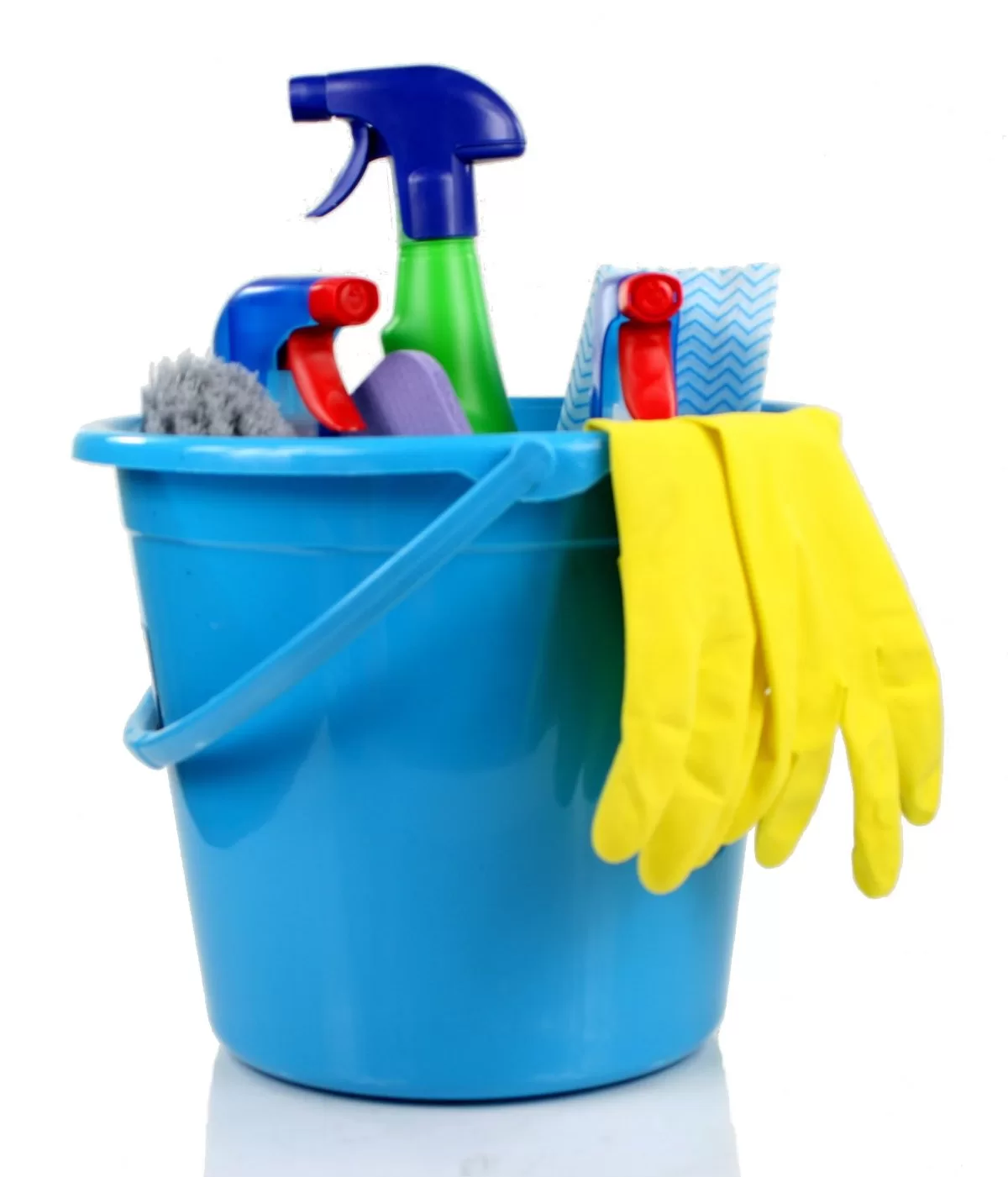In the wake of the COVID-19 pandemic, it became increasingly common for people to use antimicrobial wipes to maintain sanitation. Despite the fact that these wipes had limited ability to prevent the spread of the airborne contagion, they remain incredibly popular. However, researchers have begun to warn that these wipes often contain high amounts of QACs, which can lead to serious health problems if someone is overexposed to them.
What Are QACs?
Quaternary ammonium compounds, also known as QACs or quats, are a type of chemical often found in cleaners, disinfectant wipes, hand sanitizers, spray disinfectants, paints, pesticides, and more. There are hundreds of chemicals that fall under the category of QACs, which are used in residential, commercial, and industrial settings, with substantial regularity. Use of these chemicals dates back to the 1940s, and they have been in use consistently across the United States since then.
Why Are QACs Used in Disinfectant Wipes?
Disinfectant wipes often have QACs in them because they are considered effective cleaning agents that are known to be useful against many types of bacteria, as well as some viruses and fungi. They are also relatively cheap and easy to produce, making them preferable for many types of cleaning products. Unlike other cleaners, they also do not do significant damage to fabric or carpeting, lack a strong odor, and have a low risk of skin irritation.
What Are the Dangers of QACs?
However, that does not mean QACs are without their risks. New research has tied the chemicals to infertility, birth defects, asthma, skin disorders, and other chronic conditions. They are also believed to contribute to the creation of antibiotic resistant diseases, sometimes referred to as “superbugs,” which can be particularly difficult to treat. There are also questions as to whether QACs are as effective as previously thought, or if they provide a substantial advantage over simple soap and water.
What Are the Researchers Recommending?
The researchers on the study are recommending that the widespread use of QACs be reconsidered, especially in the case of disinfectant wipes, and that the effects be further studied. There are particular concerns that QACs may be bioaccumulative, meaning that they can accumulate within the human body to potentially toxic levels over time. They are calling for better regulation of these chemicals to minimize exposure, particularly for children and elderly people who are most at risk of suffering toxic side effects.
If you have been injured as a result of someone else’s negligence, you should contact the Tennessee personal injury lawyers at the Keith Williams Law Group. With convenient offices located in Nashville and Lebanon, our lawyers will work with you to create a litigation strategy that protects your legal rights and serves your personal needs. For more information or a free consultation, please contact us at 615-444-2900 or visit our contact page.


Leave A Comment